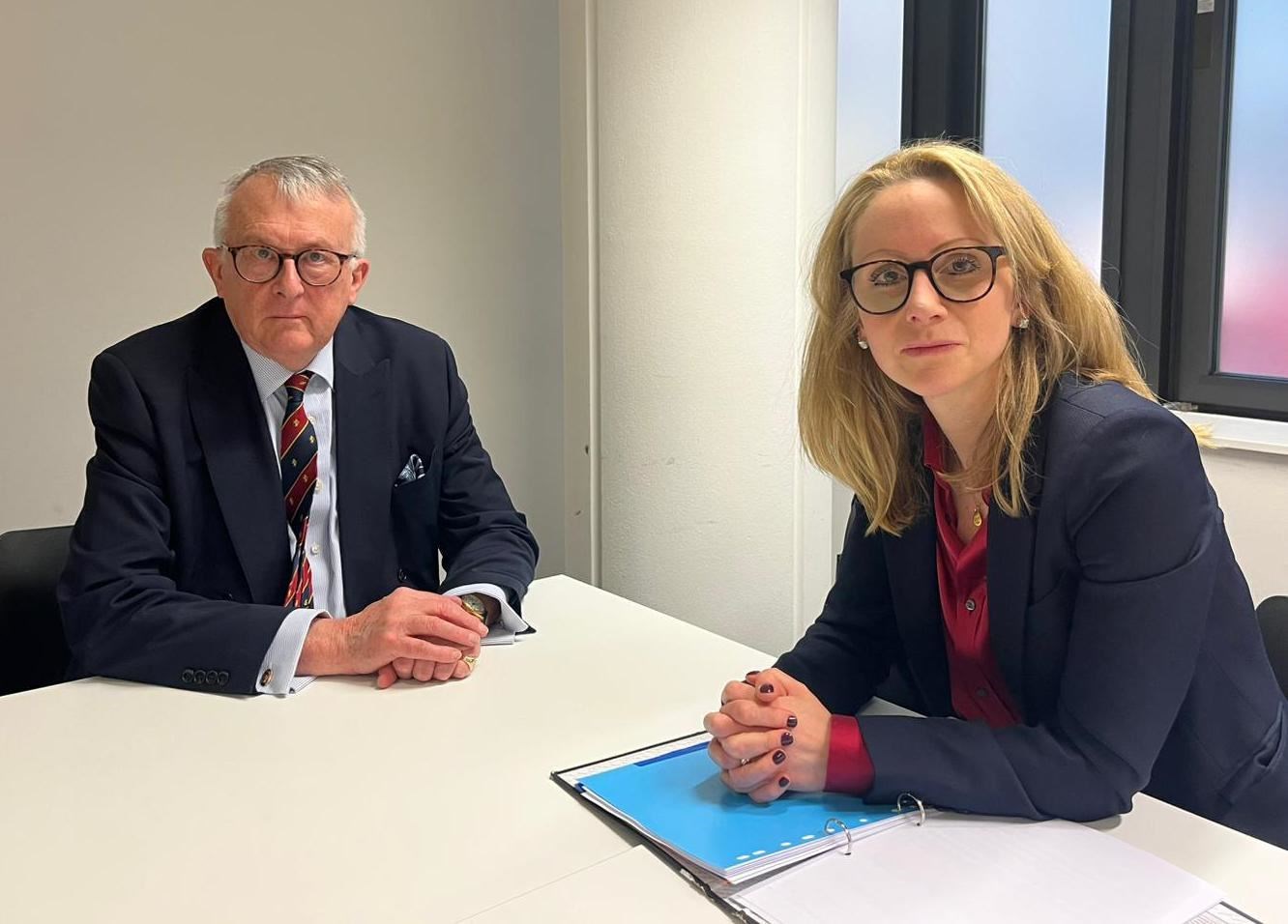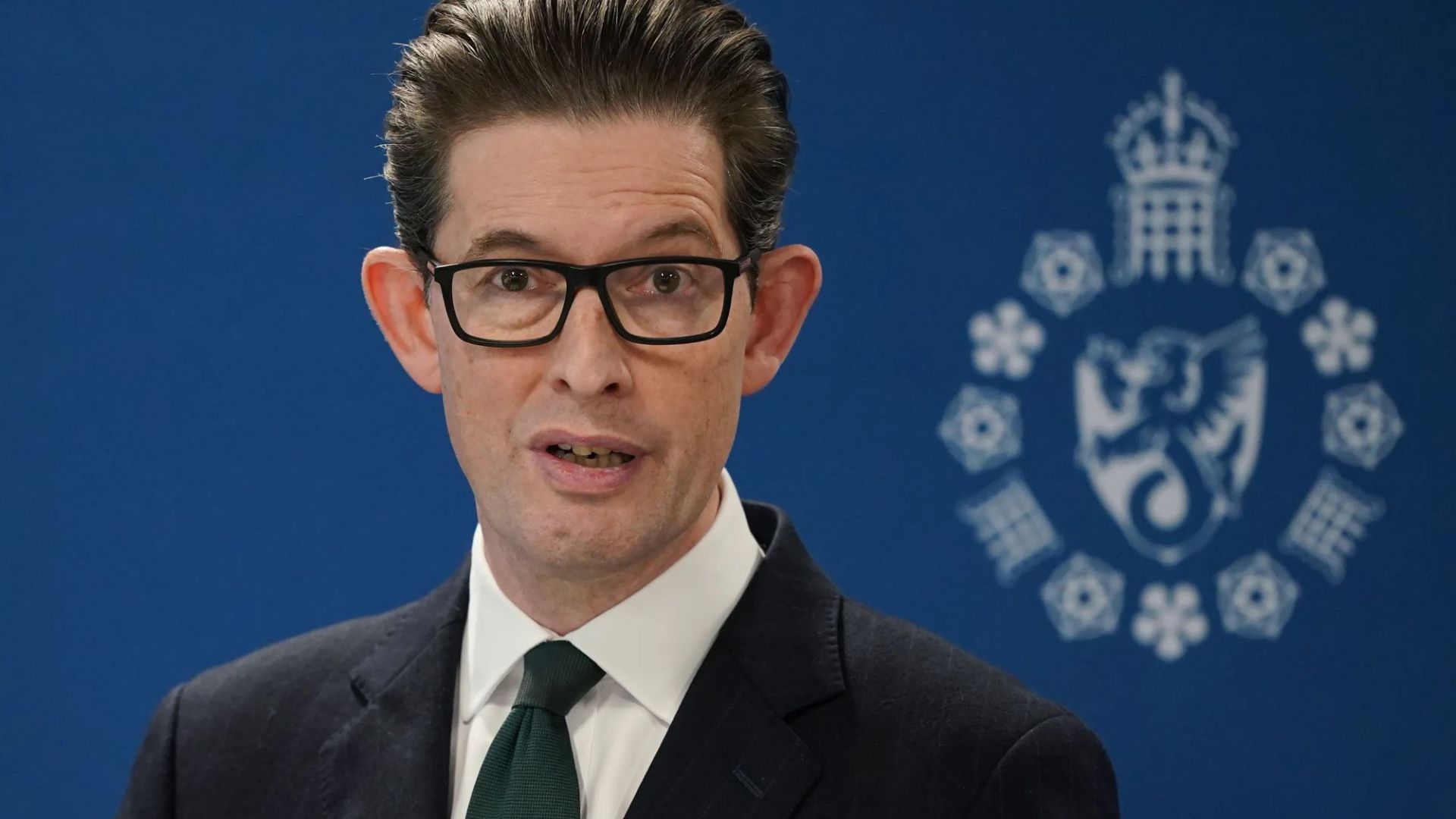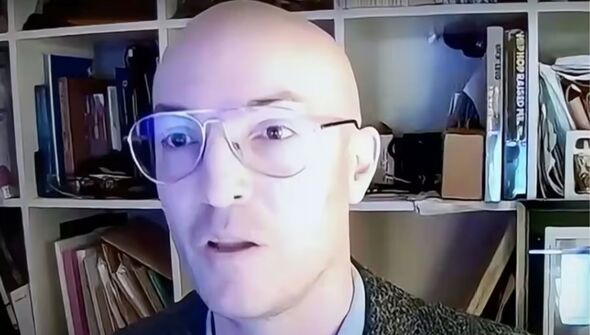Tim Davie has resigned as the director-general of the BBC following significant backlash regarding the editing of a speech by former U.S. President Donald Trump. His decision, announced on November 9, 2025, was accompanied by the resignation of Deborah Turness, the corporation’s CEO of News. The controversy stems from the documentary titled “Trump: A Second Chance?”, which drew accusations from the White House labeling the BBC as “100 percent fake news.”
In a statement, Davie acknowledged the need to “take responsibility” for the errors that occurred, highlighting the intense scrutiny faced by the organization in recent weeks. His departure has prompted varied reactions from politicians and BBC staff, with some expressing support for the former director-general while others viewed the news as positive.
Reactions from BBC Leadership and Government Officials
BBC Chairman Samir Shah described the day as “sad” for the organization. He praised Davie for his leadership over the past five years, stating, “Tim has been an outstanding director-general… He has propelled the BBC forward with determination, single-mindedness and foresight.” Shah emphasized respect for Davie’s decision, acknowledging the pressure he faced amid ongoing challenges.
Culture Secretary Lisa Nandy noted the need for the BBC to adapt to a “new era” in public broadcasting. In her remarks, she expressed gratitude for Davie’s service during a time of significant change for the corporation. “Now more than ever, the need for trusted news and high-quality programming is essential to our democratic and cultural life,” she stated.
Internal Challenges and Controversies
Davie’s resignation follows an internal dossier revealing a series of incidents that indicated potential bias in the BBC’s reporting. This included a recent incident in which a newsreader faced backlash after correcting the term “pregnant people” to “women” during a live broadcast. The BBC has also faced criticism for its coverage of the ongoing Israel-Gaza conflict and issues surrounding transgender rights. The dossier, authored by former journalist Michael Prescott, raised concerns particularly about the coverage by BBC Arabic regarding Gaza.
In a comprehensive statement, Davie expressed gratitude for the support he received throughout his tenure, stating, “This is entirely my decision, and I remain very thankful to the Chair and Board for their unswerving and unanimous support.” He emphasized the importance of the BBC as a public institution during “these increasingly polarised times,” admitting that some mistakes had occurred.
As the BBC prepares for the transition, Shah announced that he would work with Davie in the interim while the board conducts the search for a successor. The BBC’s future direction is now under scrutiny as it navigates the complex landscape of public service broadcasting in the UK.
Davie’s departure marks a significant moment in the BBC’s history, highlighting the challenges faced by media organizations in maintaining credibility amid intense political scrutiny. As the search for a new director-general begins, the question remains: how will the BBC adapt to ensure its relevance in a rapidly changing media environment?







